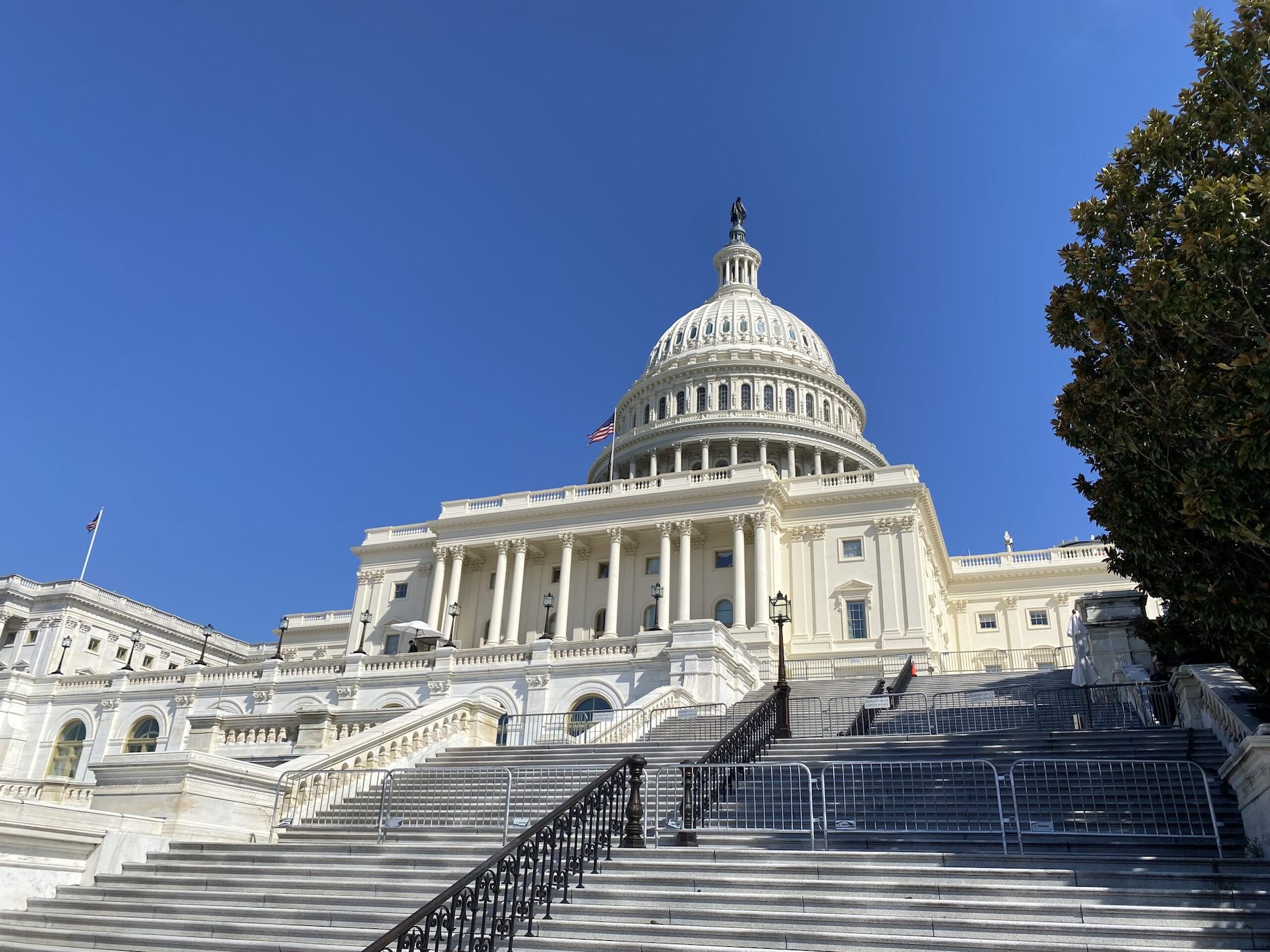
Policy Changes Impacting Non-Profit Funding
A recent decision by the Republican chair of the Appropriations Committee has significantly altered the landscape of earmarked funding within the U.S. House of Representatives. This policy shift prevents House legislators from securing earmarked funds for certain organizations, particularly affecting non-profits involved in LGBTQ projects. This change stems from a contentious scenario last year during the government’s funding process, where the inclusion of three LGBTQ projects sparked debates and led to a critical reevaluation of funding protocols.
Impact on Community and Legislative Response
The new funding guidelines specifically target nonprofits involved in the Transportation-HUD budget, one of several appropriations managed by Congress. Despite the changes at the House level, Senate procedures remain unaffected, leaving a potential avenue open for funding LGBTQ projects through Senate amendments. This development has ignited a strong response from Democratic representatives who view the move as a strategic attempt to undermine support for LGBTQ+ communities, potentially affecting crucial services provided by organizations like YMCAs and community leagues.
Consequences and Broader Implications of Funding Restrictions
The ramifications of these policy changes were highlighted during the appropriations debates, particularly when funding for prominent LGBTQ centers in Pennsylvania and Massachusetts was removed via managerial amendments. This act of exclusion drew sharp criticism from lawmakers who saw it as a direct attack on LGBTQ rights and representation. Moving forward, these policy adjustments pose significant challenges for non-profits that rely on government funding to support vulnerable communities, sparking a debate about the balance between fiscal policy and social responsibility.



